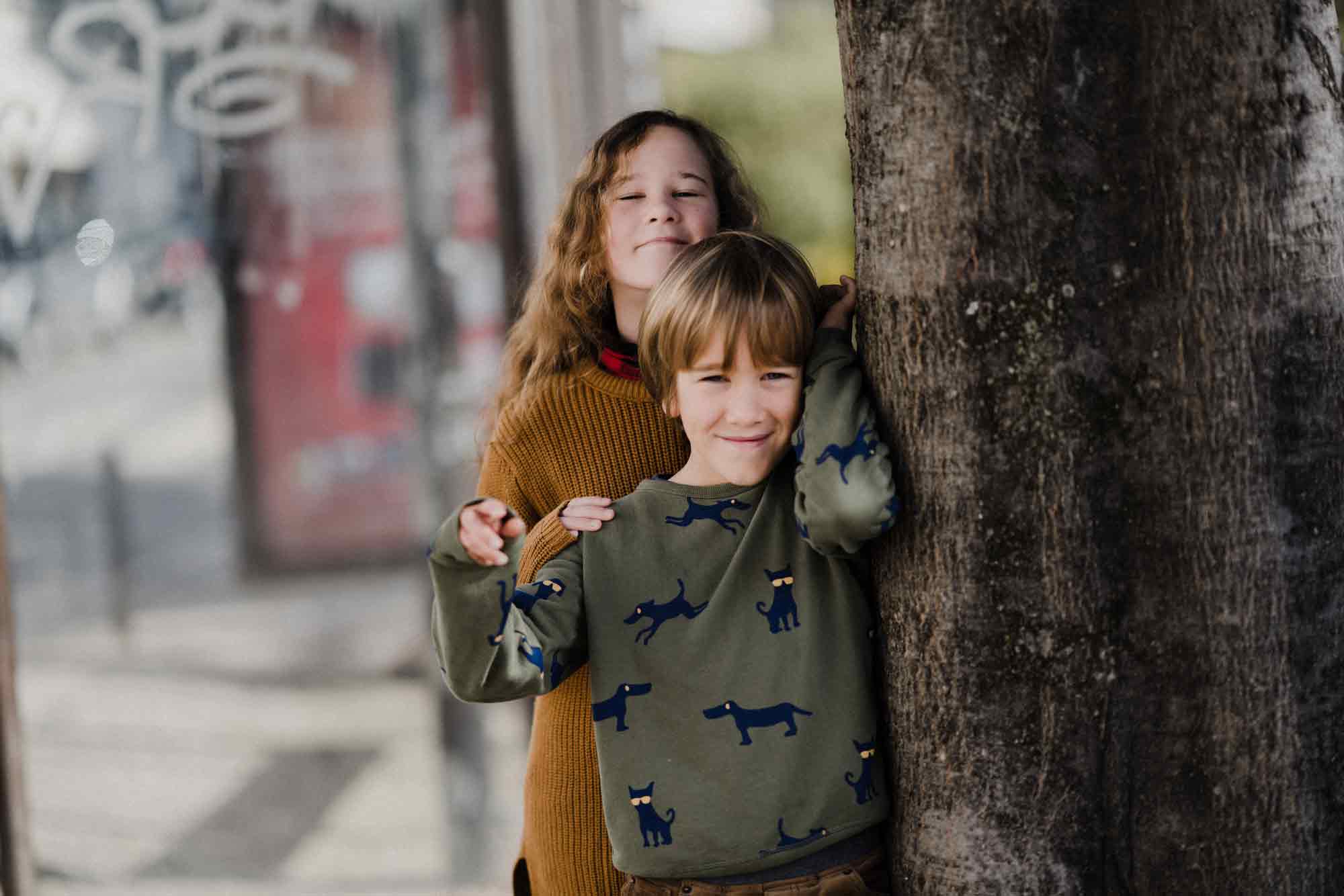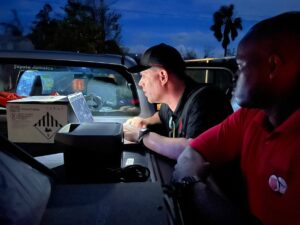The Salvation Army has brought help, emotional support and hope to untold numbers since it was founded in 1865. That succor includes the ministry’s 19th-and-20th-century “rescue homes,” which provided care and shelter for unwed mothers.
It was Florence Booth, daughter-in-law of Salvation Army founder William Booth, who established the first so-called Booth Home in her native England. While initially created as places of sanctuary for young, impoverished women, Booth Homes eventually came to house single, pregnant women from all walks of life. In 1887, the first Booth Maternity Home opened in Brooklyn, and within seven years, 15 more were in operation across The Salvation Army’s Eastern and Western territories.
The primary role of Booth Hospital and Maternity Homes was to give expectant mothers prenatal care, counseling and shelter until they delivered their babies. After which, infants were often placed for adoption by the girls’ families or agencies. The homes also maintained records, noting when and where children were born, and if a child was relinquished or released to an adoption agency.
By the late 1970s, the last Booth Homes shuttered as a result of societal shifts with regard to the stigma of teen pregnancy and unmarried births, combined with rising maintenance costs and legal considerations. The records were then stored and later digitized at The Salvation Army Western Territorial Headquarters in Rancho Palos Verdes, California.
In 2019, a computerized program was implemented that recorded “all inquiries of birth mothers seeking their biological children, birth children looking for their birth mothers or biological relatives looking for adoptees,” said Territorial Assistant Social Services Secretary Captain Diana Gomes.
Today, a final generation of “Booth Babies” have reached middle age, and for some, it’s now the right time to seek their biological parents and relatives. For Tom Davis*, 55, the search for his biological mother was sparked by his becoming a grandfather, as well as a cancer scare. “It brought my mortality to the forefront, and the support of my adoptive mom and wife motivated me,” he said.
Davis, who lives outside of Nashville, knew that he’d been placed for adoption in San Diego as an infant, and that his birth mother had lived in the maternity home there. He reached out to Gomes, who he calls “instrumental” in helping him reunite with his mother.
“The Salvation Army also honored my request to make the search for my biological mother on my terms, at my pace,” he said. “My main concern was to be respectful of her privacy, and to give her the space to decide if and when to contact me.”
After Gomes reached out to Davis’ mother, “it took her some time to get to the point where she was ready to contact me,” he said. “Within the week, however, I was in California, meeting her. The moment we laid eyes on one another, we hugged and held each other for a long time. The amazing part was how natural it felt; the connection was instantaneous.”
The moment also held special significance for Gomes, because she traveled to where the reunion would be, and Davis is the first Booth Baby she’s met in person.
“Confidentiality is imperative in this ministry, and I have to be very sensitive when I reach out to families,” she said. “Many times these women were forced to give up their babies or were so young they can’t remember details, and others knew this would be the best option for their baby to have the best life possible.”
Davis and his mother are now so close, they visit frequently. His wife and adoptive mother have also met her. “We recently fulfilled a dream of mine, for the moms to meet,” he said. “Seeing them embrace for the first time was completion for me, but it also brought healing to everyone.”
Another reunion facilitated by Gomes was that of biological sisters Shawna Blonke and Sheri Moucka. Blonke was raised by her biological mother. When Blonke was 15, her mother told her that in 1968 (four years before Blonke was born), she gave birth at the Denver Booth Home and put the baby girl up for adoption.
“I tried to find Sheri many times over the years, but never followed through because our mom was afraid of the ramifications if she didn’t know she was adopted,” said Blonke. Adds Moucka, “I knew that I was adopted and had thoughts that someday I’d look up my biological parents, but never did. About six years ago, my boyfriend even bought me a DNA kit.”
Years after her mother passed away in 2011, Blonke contacted Gomes in the summer of 2022. “On August 20th, I woke up to a Facebook message from Shawna saying that she believed we were related,” said Moucka. “After some back and forth, there was no doubt we were sisters, and in September 2022, we met in person.”
The two women, who live in different states, “bonded quite a lot before we actually met,” said Blonke. “It was definitely an immediate connection, but we’ve since learned we have a lot of the same mannerisms and dress similarly. We felt right at home with each other from the start.”
The siblings now message daily and talk often, and Moucka has also had the opportunity to meet her maternal uncle. “We’re making plans for our families to meet,” said Blonke. “From the moment I knew I had a sister, I wanted to find her. I often felt like there was a big part of me missing, and now I feel complete.”
For Gomes, the work is also fulfilling. “It’s been such a blessing for me to be part of this wonderful ministry, in which people can find healing and restoration through reunions.”
*Denotes name change
Do Good:
- You’ve probably seen the red kettles and thrift stores, and while we’re rightfully well known for both…The Salvation Army is so much more than red kettles and thrift stores. So who are we? What do we do? Where? Right this way for Salvation Army 101.
- Hear this: Your story is uniquely yours. It’s the one thing you have that no one else does. And you’re the one who can tell it best. Take our free email course on how to find your voice, own your story and share it with others.
- Learn how The Salvation Army supports parenting teens in Boise, Idaho.












